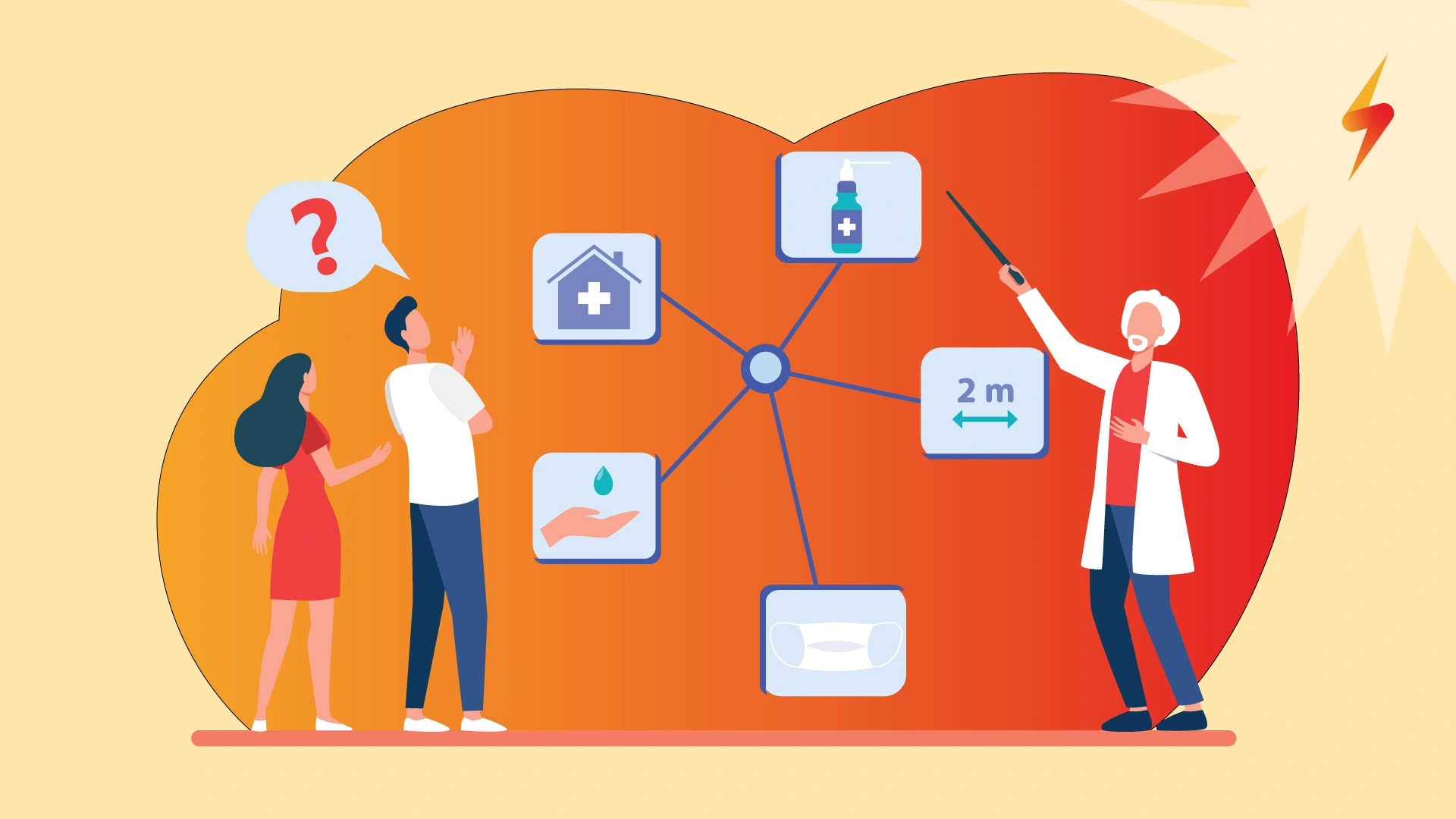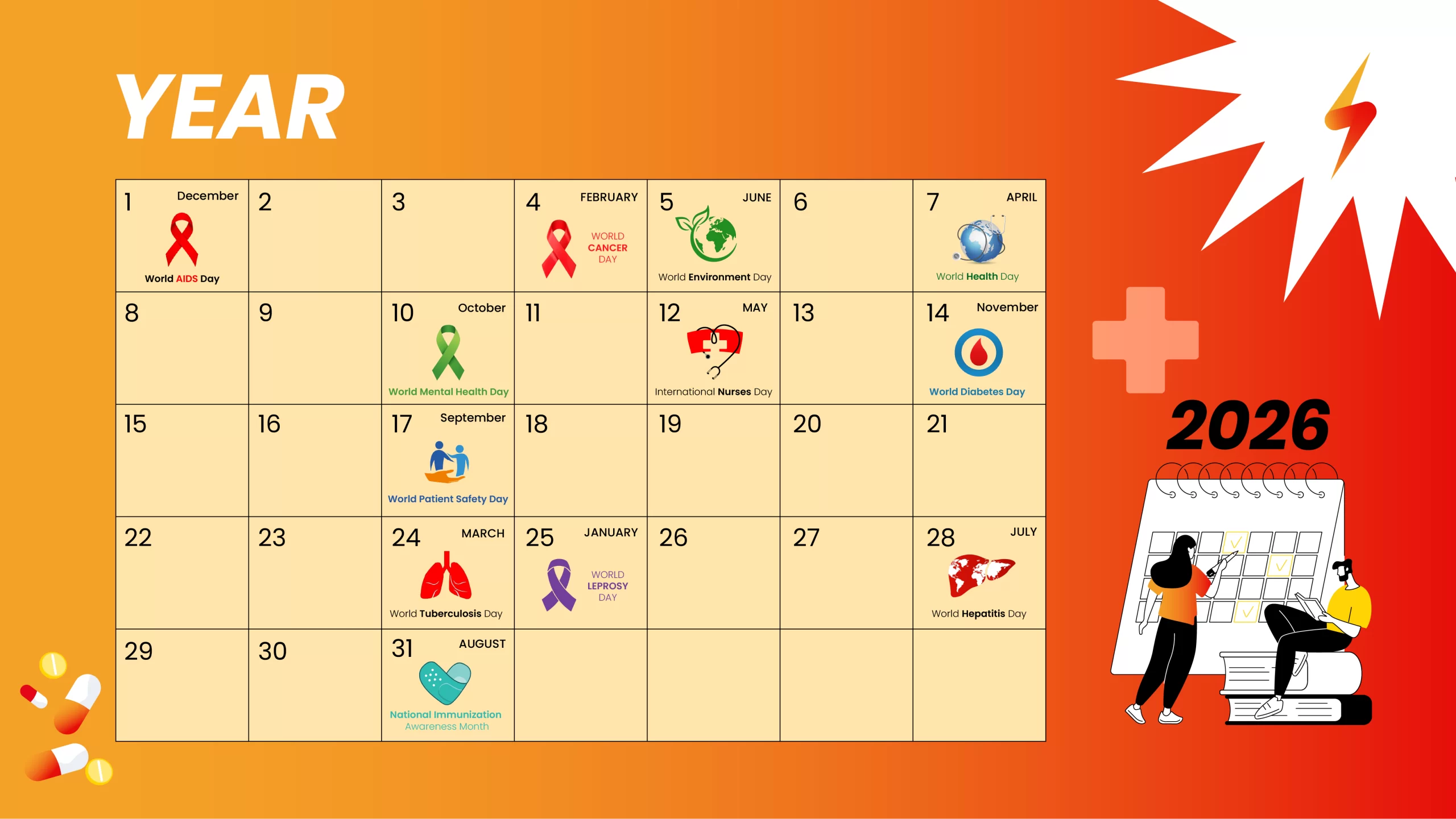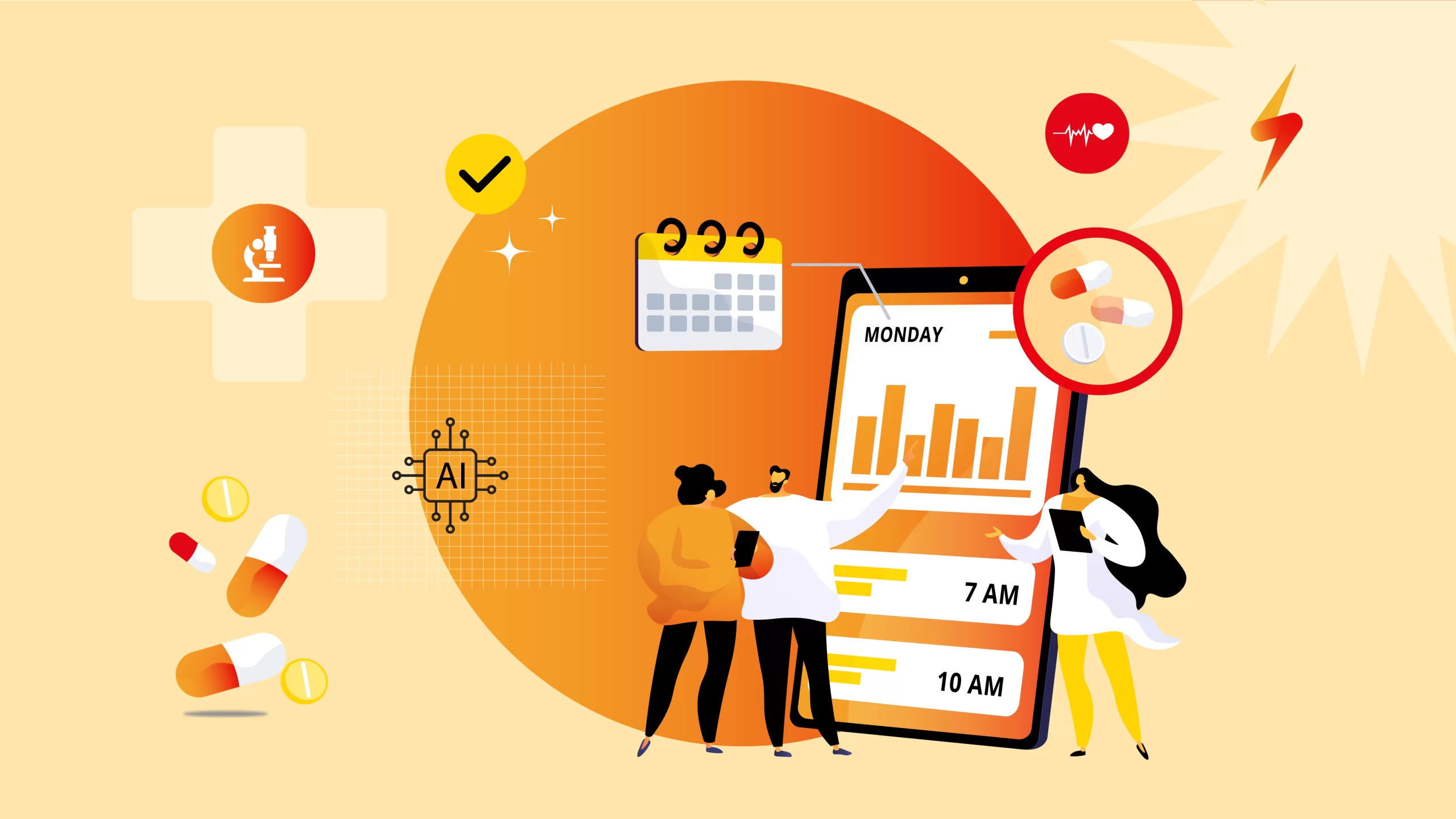In the rapidly evolving healthcare landscape, technology adoption is pivotal for enhancing patient outcomes and operational efficiency. However, introducing new healthcare technologies presents unique challenges, including complex decision-making processes, regulatory considerations, and the need for clear communication of value propositions. To effectively navigate these challenges, healthcare organizations are increasingly turning to data-driven marketing strategies. By leveraging insights from patient behavior, clinical outcomes, and market trends, healthcare marketing agencies can craft targeted campaigns that resonate with both healthcare providers and patients, driving adoption and engagement.
 Understanding the Role of Healthcare Marketing Agencies
Understanding the Role of Healthcare Marketing Agencies
Healthcare marketing agencies specialize in developing and executing marketing strategies tailored to the healthcare industry. These agencies possess a deep understanding of healthcare regulations, patient needs, and the nuances of medical technology. By partnering with a healthcare marketing agency, organizations can ensure that their campaigns are not only compliant but also impactful, reaching the right audience with the right message at the right time.
 The Power of Data-Driven Campaigns
The Power of Data-Driven Campaigns
Data-driven marketing involves collecting and analyzing data to inform marketing decisions. In the context of healthcare technology, this means utilizing patient demographics, behavior patterns, and treatment outcomes to create personalized marketing messages. For instance, predictive analytics can identify patients who are likely to benefit from a new medical device or digital health solution, allowing marketers to target these individuals with tailored content that addresses their specific needs and concerns.
Moreover, data-driven campaigns enable healthcare organizations to measure the effectiveness of their marketing efforts in real-time. By tracking key performance indicators (KPIs) such as engagement rates, conversion rates, and patient acquisition costs, marketers can optimize their strategies, ensuring maximum return on investment.
 Key Strategies for Implementing Data-Driven Campaigns
Key Strategies for Implementing Data-Driven Campaigns
Segmentation and Personalization: By segmenting audiences based on factors like age, medical history, and treatment preferences, healthcare marketing agencies can deliver personalized content that speaks directly to the needs of each group. Personalized emails, targeted social media ads, and customized landing pages can significantly improve engagement and conversion rates.
Predictive Analytics: Utilizing predictive analytics tools allows marketers to forecast patient behavior and identify individuals who are most likely to adopt new technologies. This proactive approach enables healthcare organizations to allocate resources efficiently and engage potential adopters before they even express interest.
Omnichannel Marketing: Implementing an omnichannel marketing strategy ensures that patients receive consistent and cohesive messages across various platforms, including email, social media, websites, and mobile apps. This approach enhances brand recognition and reinforces the value proposition of healthcare technology.
Continuous Monitoring and Optimization: The healthcare industry is dynamic, and patient needs and behaviors can change rapidly. By continuously monitoring campaign performance and gathering feedback, healthcare marketing agencies can make data-informed adjustments, ensuring that marketing strategies remain effective and relevant.
 The Impact on Healthcare Technology Adoption
The Impact on Healthcare Technology Adoption
Data-driven marketing campaigns not only enhance patient engagement but also facilitate smoother adoption of healthcare technologies. When patients receive information that is relevant to their specific health conditions and treatment plans, they are more likely to trust the technology and incorporate it into their care routines. Additionally, healthcare providers who are equipped with data-driven insights can make informed decisions about which technologies to implement, leading to improved patient outcomes and operational efficiencies.
Conclusion
In conclusion, leveraging data-driven marketing strategies is essential for healthcare organizations aiming to introduce new technologies effectively. By partnering with a healthcare marketing agency, organizations can develop targeted campaigns that resonate with patients and providers, driving adoption and ultimately improving healthcare delivery. As the healthcare industry continues to evolve, embracing data-driven approaches will be crucial for staying competitive and meeting the ever-changing needs of patients.
For healthcare organizations seeking to enhance their marketing efforts, collaborating with a reputable healthcare advertising agency can provide the expertise and resources necessary to implement successful data-driven campaigns. By combining industry knowledge with advanced analytics, these agencies can help organizations navigate the complexities of healthcare marketing, ensuring that their technologies reach the patients who will benefit most.





